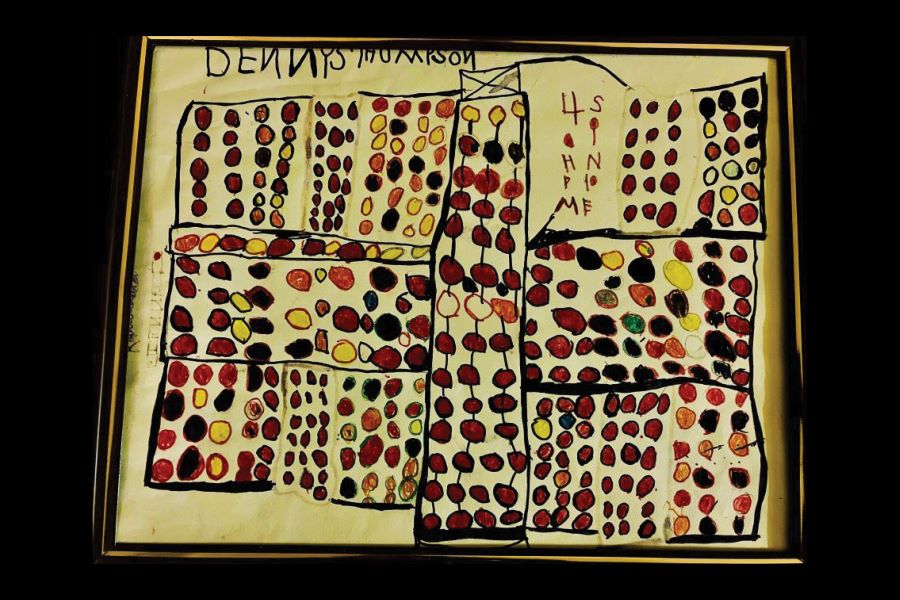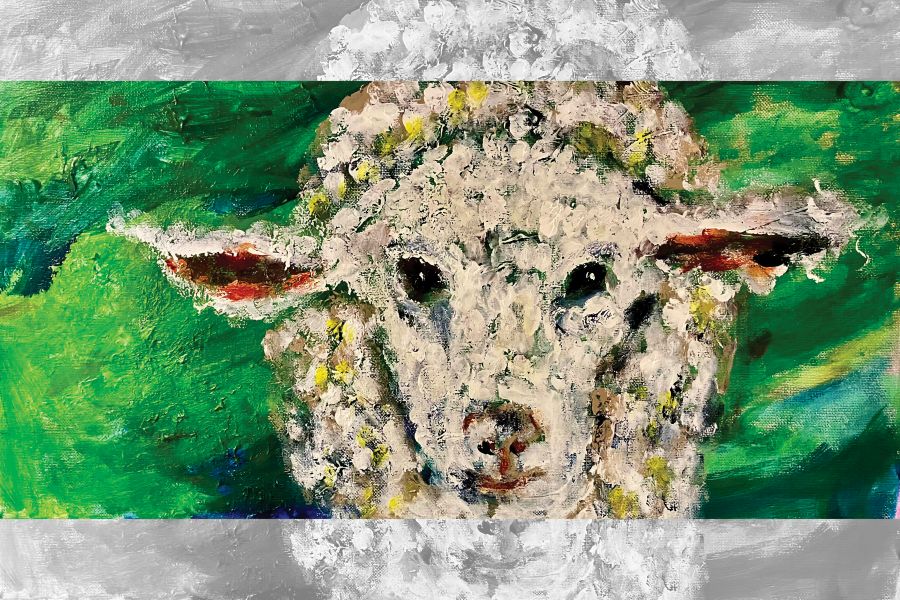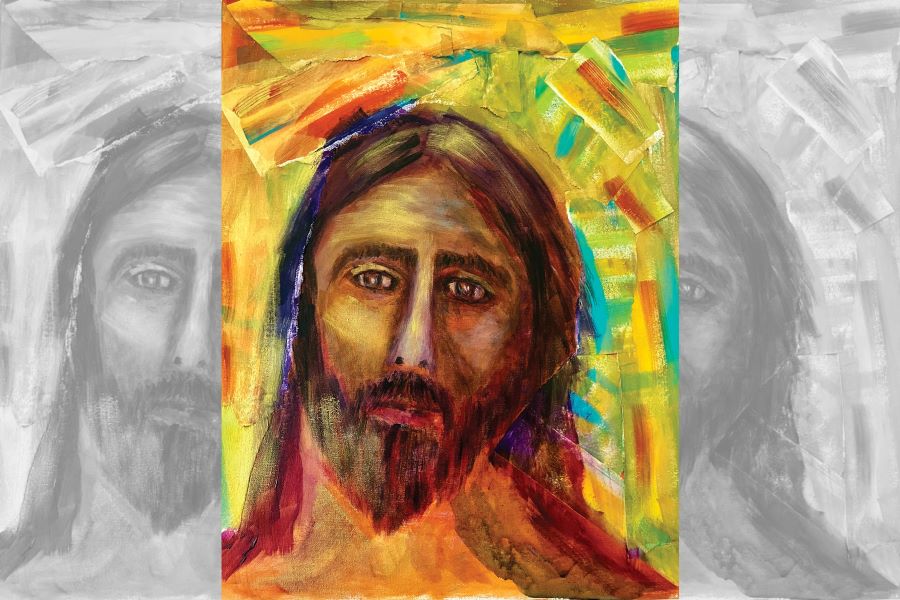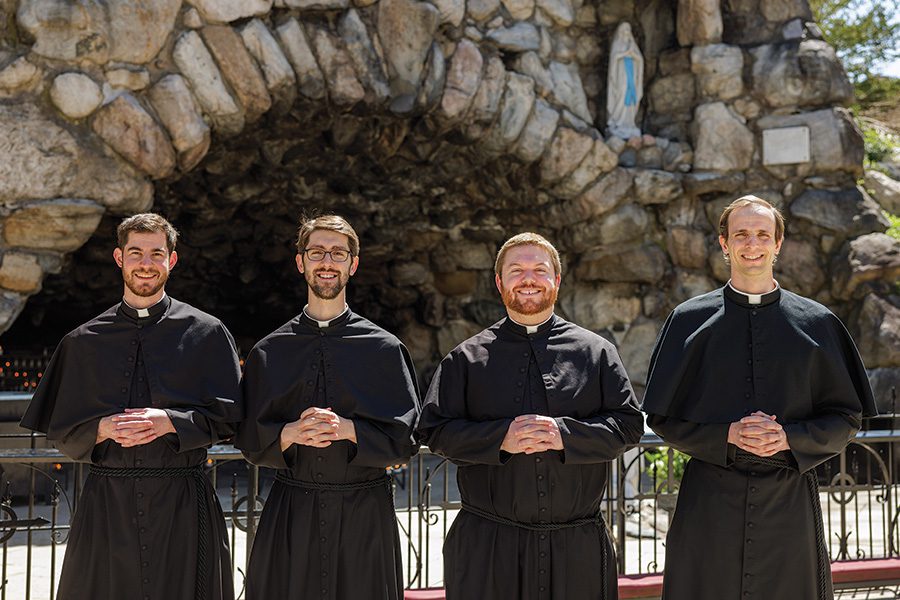During my years in seminary formation, I spent summers continuing my education by serving in various communities. There was a summer when I lived and worked in a community of men, the Missionaries of Charity, founded by Saint Teresa of Calcutta. That stark experience showed me a new level of menacing poverty in urban Los Angeles. Another summer setting revealed to me how addictions devastate our lives and social networks, and the depths of the emotional and spiritual work of living a sober life. In another summer, I began learning the tools to enter parish life and the ongoing demands of how to implement my seminary experience.
In all of those summers, I learned how to tackle sensitive pastoral issues and the demands of ministry. I was immersed in many hardships and many graces, endless conversations with strangers, and questions to consider in my quiet time. I learned the connection between the Church and society’s injustices. All of those summer experiences showed me a path that would lead me to consider my gifts in the priesthood.
However, there was one summer placement where I learned something different and unexpected. During my novitiate year, I spent a month working at a facility for emotionally disabled adults. Many of the residents helped run a motel, which provided an unpretentious setting to learn simple skills in order to welcome people in the summer months. There was also a small schoolhouse designed for individuals who did not have the cognitive skills to clean motel rooms or pick up trash in the yards. That one-room school became a surprising source of learning for me.
Dennis, who was my age at the time, suffered from Down Syndrome and had recently joined the others in the schoolhouse. He had moved there from a formal state-owned institution that housed people with emotional disorders. He had no family; I always suspected his family disowned him and put him away for life in an institution. Somehow he had been brought to this gentle environment, where he joined others to learn basic skills of socialization and belonging.
Dennis and his teacher developed a routine to begin his day in the schoolhouse. Dennis would enter the classroom, pick up a piece of large paper and a marker, and take his seat at a large table. He could not write his name from memory, so he carried a piece of paper in his wallet with his name hand-printed on it to use as a reminder when he wrote his name at the top of his work paper. The paper became the place where Dennis created his daily work at the prompting of the teacher.
One Friday morning, Dennis walked into the classroom and with silent, purposeful intention grabbed a sheet of paper and several colored markers. The teacher kept an eye on him, advising me to let him continue without interruption because she sensed something new was emerging in him. That day, without looking at the piece of paper in his wallet, Dennis wrote his name at the top of the blank paper and then began using the markers to draw a picture under his name. This self-directed action, focusing his art and creativity on one piece of butcher paper for the entire school day, was new. Before Dennis left for the day, the teacher sat down next to him and invited him to tell her about the drawing. Without hesitation, Dennis informed the teacher, “This is a cross. It’s for Ron.” She asked him to continue to describe the art. He stated firmly, “And the colored circles are all the people.”
I had never mentioned to Dennis or anyone other than the teacher that I was discerning a vocation in religious life and priesthood. The teacher and I were humbled by his insight as we affirmed his work with tears in our eyes. After that class, the teacher contacted the state institution where Dennis had spent most of his life to find out more about his background. She discovered that religious language had never been part of his educational environment; an administrator told the teacher that, to her knowledge, Dennis had never engaged with anyone who had a formal religious affiliation. However, she mentioned that he had an uncanny ability to know a person’s heart. “Dennis knows who people really are.”
From his disability and intuition, Dennis understood more than most people. He could read the hearts of people around him, including my own. I had earned advanced degrees, honed my skills, and passed exams, but it was Dennis who named my life in the dying and rising of Jesus Christ. He was one of my first teachers from the margins of society, a place where I have spent so much of my priesthood, listening, learning, and finding my voice in ministry.
He remains a wisdom guide for me, a prayerful and prophetic presence I will never forget. I am grateful still for Dennis, who named the cross in me, and that worshipping communities are formed in Christ’s passion, death, and resurrection. His poverty and ill health captured my vocation and named me for not just what I do, but for who I am in the Church. He also named the People of God within the symbol of the cross—not just in name, but in our way of life. Dennis’ insights significantly honed my vocation and life of prayer. His glimpse into my heart revealed Jesus, whom I could not fully see on my own. Encountering Dennis kept me on the path of my vocation, a moment of love and inspiration.
A photo of Dennis’ cross is printed at the top of this article. I have carried his drawing with me for over forty years as one of my essential possessions and a repeated source of prayer and reflection. His creativity expressed such deep compassion and insight, and his drawing is a wonderful expression of how art functions in our world, revealing far more than what is on the paper or canvas. He could not articulate to me what he felt or what he saw in me, but he could draw it with profound insight and tenderness.
Dennis’ life and art are essential for all who search for God in ministry. Our ministry is not about what we do, but about how God’s presence is revealed within us. Our hearts reveal more than we can possibly imagine on our own. Through his vulnerability, Dennis revealed a life of honesty and trust. He saw deep within me, far deeper than pastoral skills or my education. He saw my heart and my desire to live in Jesus. I did not educate him about Christ; instead, Dennis opened my heart to Christ’s presence in all humanity. God is revealed in our vulnerable and open hearts. The Cross is, indeed, our Only Hope.
“May the Father of our Lord Jesus Christ enlighten the eyes of our hearts, that we may know what is the hope that belongs to our call.” Ephesians 1:17-18.
Prayer:
Loving God,
May we find our true path
Within the colorful circles of all peoples and nations.
May our faith be revealed in humble hearts.
May we always be attentive to people who surprise us
Along the compelling path of your Son’s dying and rising.
May our expressive actions draw us closer
To your creating love within us.
May we not ignore the faint voices of people who
Call out to us from their weariness.
May we uncover the rich wisdom of
People who teach us from vulnerability
and ill health.
Together, may we sing
with colorful hope, with rich diversity,
with beauty and awe, with art and discovery,
the songs of justice for all people under heaven.
Amen
About:
Rev. Ronald Patrick Raab, C.S.C., serves as religious superior of Holy Cross House, our retirement and medical facility at Notre Dame, Indiana. He is an award-winning author, blogger, and visual artist. Learn more at ronaldraab.com
Artwork:
This image was drawn by Dennis Thompson in 1979. This is part of Fr. Ron’s personal collection. Dennis died before the age of thirty. He was not educated in Christianity but possessed the ability to see beyond words, to capture the meaning of people’s lives. This work has become a rich source of prayer for Fr. Ron’s journey of faith and its expression in art, words, and actions.
Published June 10, 2024




